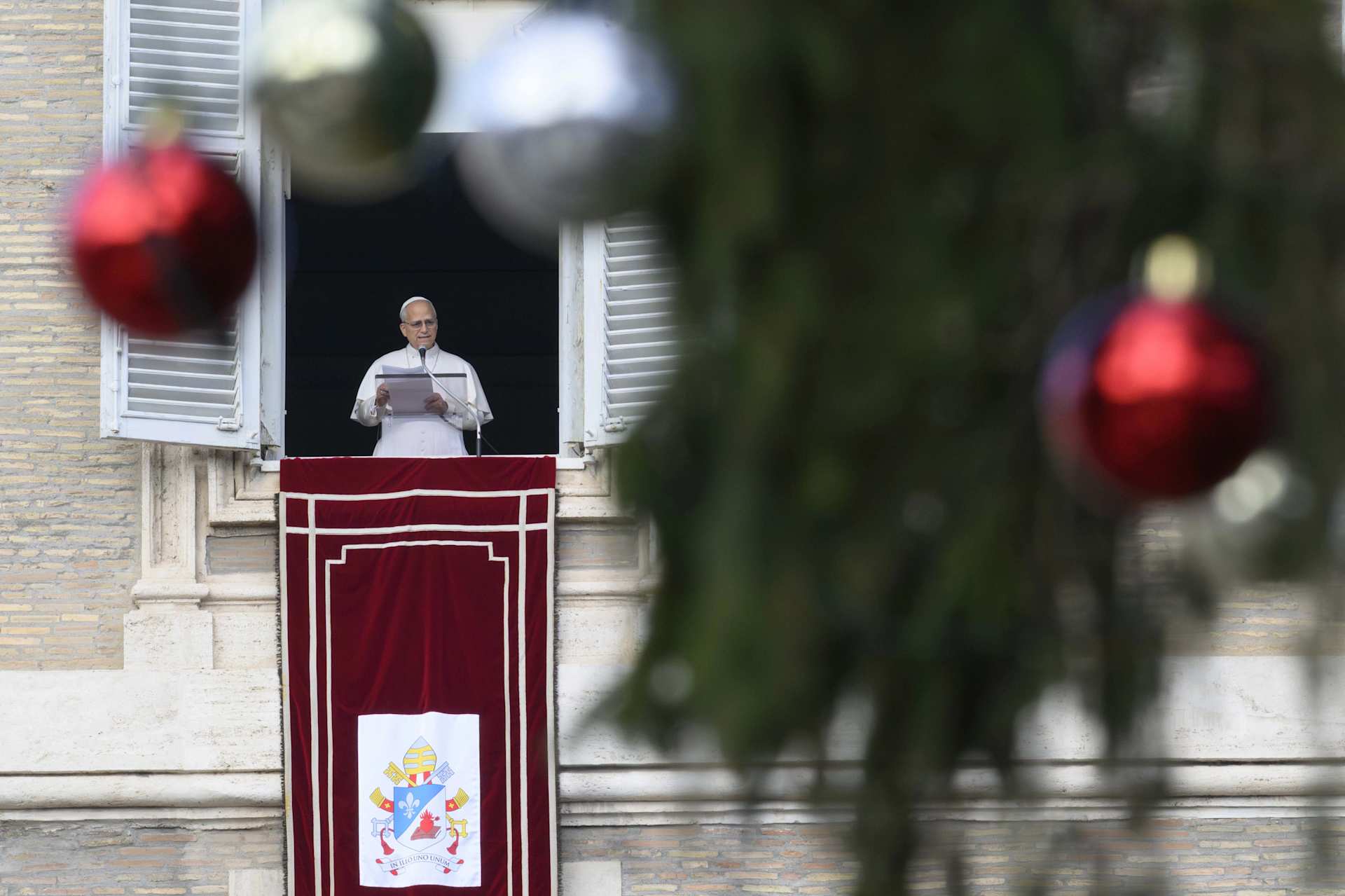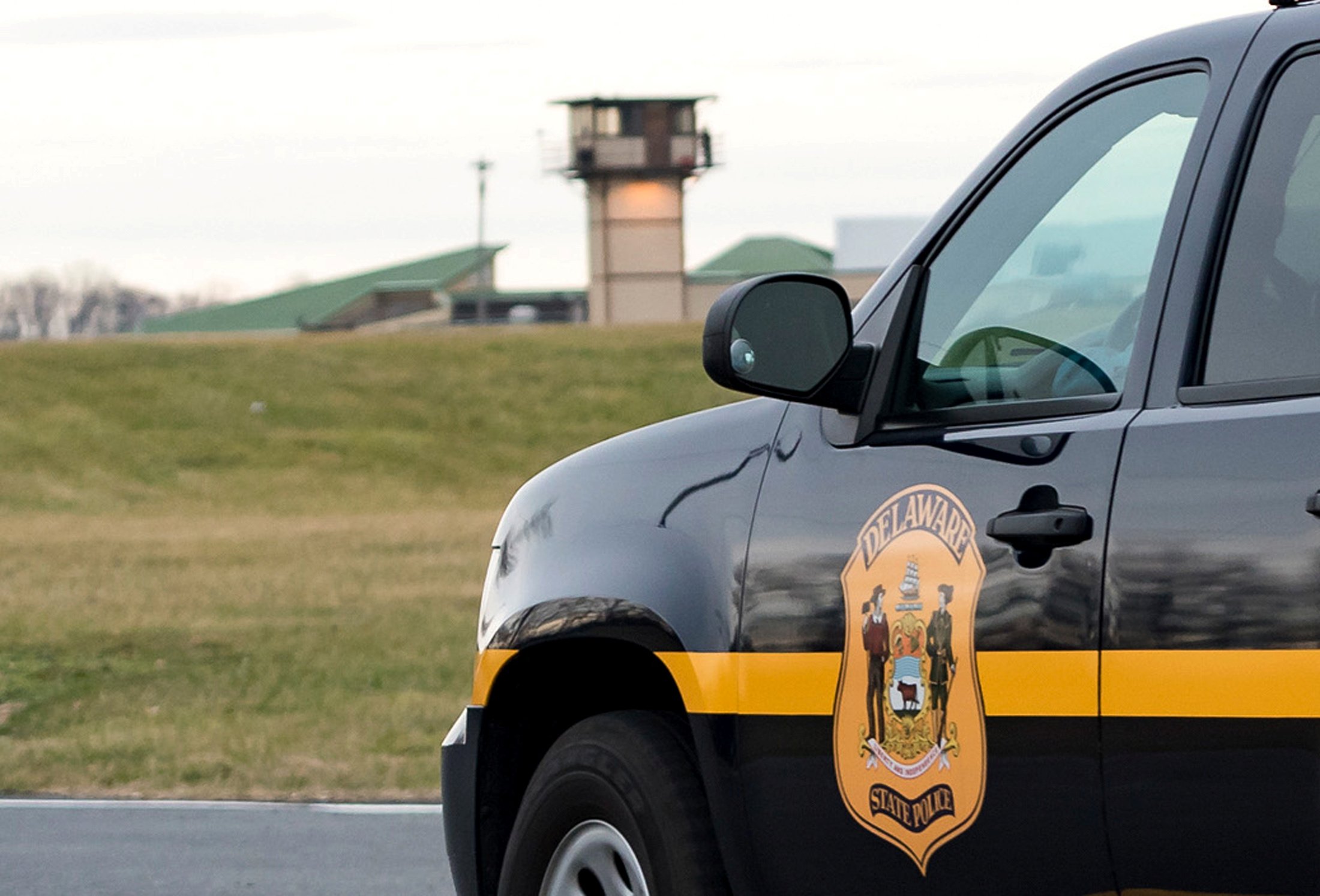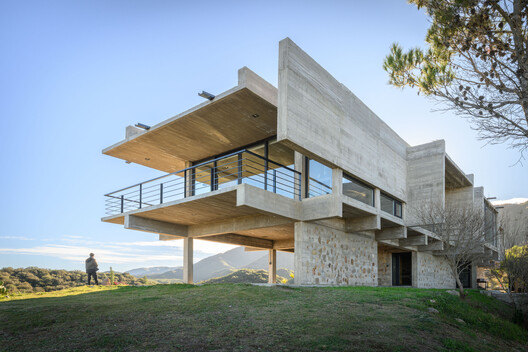Putin’s Alaska triumph
Jamie Dettmer is opinion editor and a foreign affairs columnist at POLITICO Europe.
WASHINGTON — Call it the old pals act.
From the moment Donald Trump and Vladimir Putin disembarked from their planes at a Cold War-era air force base outside Anchorage, Alaska, their public interactions were notably friendly — with the U.S. president applauding the Russian ruler, an exchange of smiles, a pat on the shoulder, an animated but clearly friendly conversation on the red carpet.
And then, after an American military flyover, the stunning protocol-buster of Putin climbing into “the Beast” — the U.S. president’s official car — to share a limousine ride to the critical summit.
The Russian leader seemed delighted. As well he might.
The run-up to the summit was accompanied by scores of hand-wringing predictions from officials, diplomats and pundits. Fears ran high that Trump would be outsmarted by the wily former KGB apparatchik, allowing him to take giant strides to advance his goal to subjugate Ukraine, return it to being a Russian vassal — and crack an already brittle Western alliance by putting America at odds with Kyiv and its European allies.
While that didn’t happen and Ukraine wasn’t sold out, Putin still appears to have got the most out of the encounter.
He secured the meeting, notwithstanding being a wanted man for war crimes, and was greeted on American soil as a friend, not the leader of a pariah state that invaded a sovereign neighbor.
And he got all this without agreeing any major concessions, including a ceasefire, beforehand — and left Anchorage without having committed to a truce either, despite Trump saying during their joint press conference that his Russian counterpart is keen to save thousands of lives. Apparently not that keen.
The highly anticipated and hastily arranged Alaska summit was never likely to mirror the map-redrawing summit of Yalta, where Joseph Stalin cajoled — some would say coerced — a physically ill and mentally exhausted Franklin Roosevelt and a grumbling Winston Churchill to carve up Europe between Western and Soviet spheres.
Nor was it going to be a breakthrough summit like Reykjavik, where in 1986 Ronald Reagan and Mikhail Gorbachev laid the groundwork for future nuclear arms control, adding to the thawing of the Cold War.
Gorbachev, of course, was trying to manage a graceful dissolution of the Soviet Union; Putin is intent on resurrecting the empire.
But according to seasoned observers, from Fiona Hill, Trump’s former Russia czar, to Michael Carpenter, a former senior director for Europe in the National Security Council under President Joe Biden, the Alaska confab was a mistake.
“The summit legitimized him on the world stage,” Carpenter said.
And not only on the world stage. Certainly, the Kremlin and Russia’s state-directed media has been busy portraying the summit as less about Ukraine and more about Putin and Trump, leaders of the great powers, sitting together to decide the shape of the global future. Ahead of the summit, Putin also got an American endorsement of the idea of Ukraine trading land for peace, loading the dice against Kyiv.
In his press conference remarks, Putin went out of his way to praise Trump for his efforts to end the war. The Russian leader is smart enough to know that respectful applause of Trump always goes down well, a gambit Ukraine’s passionate President Volodymyr Zelenskyy almost fatally failed to play in his infamous Oval Office meeting early this year.
But there were no signs that Putin is ready to shift away from his main goal — to control Ukraine, a nation he doesn’t believe should even exist.
That was clear as he talked yet again about eliminating the “root causes” of the war and referred to the “fundamental threats to [Russia’s] security,” Kremlin jargon for blaming NATO and Europe for the war.
“We have always thought of Ukraine as a brotherly nation,” he lamented. In other words, a nation that is part of Putin’s construct of the Russian world.
Putin’s aim with the Alaska summit no doubt was to avoid prompting Trump’s ire, to hold off on more Western sanctions being imposed on Russia or its allies, and to carry on much as he has.
The Russian president sought to present himself as a constructive partner for peace, saying he hoped others wouldn’t try to throw in a wrench to stop progress toward the ending of the war.
This narrative is one the Kremlin has instructed Russian media outlets to emphasize in their summit coverage, according to the independent media outlet Meduza. The Kremlin guidelines sent to state-directed journalists say they should emphasize Putin’s role in “setting the agenda” for the U.S.–Russia relationship and to portray Ukraine as unreasonable and unwilling to negotiate.
All that’s to say, Putin’s in no hurry to end the war — in fact, to do so may well imperil his regime, as shifting out of a war economy would raise the prospect of some dangerous sociopolitical infighting.
And, of course, prolonging the conflict puts further strain on European nations and the transatlantic alliance.




















:quality(85):upscale()/2023/09/18/918/n/1922398/a1136b676508baddc752f5.20098216_.jpg)
:quality(85):upscale()/2025/10/09/670/n/1922283/00b944c868e7cf4f7b79b3.95741067_.jpg)
:quality(85):upscale()/2025/10/15/765/n/1922398/29c37a6e68efd84bb02f35.49541188_.jpg)
:quality(85):upscale()/2025/09/09/891/n/1922283/7222624268c08ccba1c9a3.01436482_.png)






![Castle Ruin Reichenau / [tp3] architekten](https://images.adsttc.com/media/images/6945/7981/40a1/5c01/805c/1d2c/medium_jpg/castle-ruin-reichenau-tp3-architekten_12.jpg?#)









